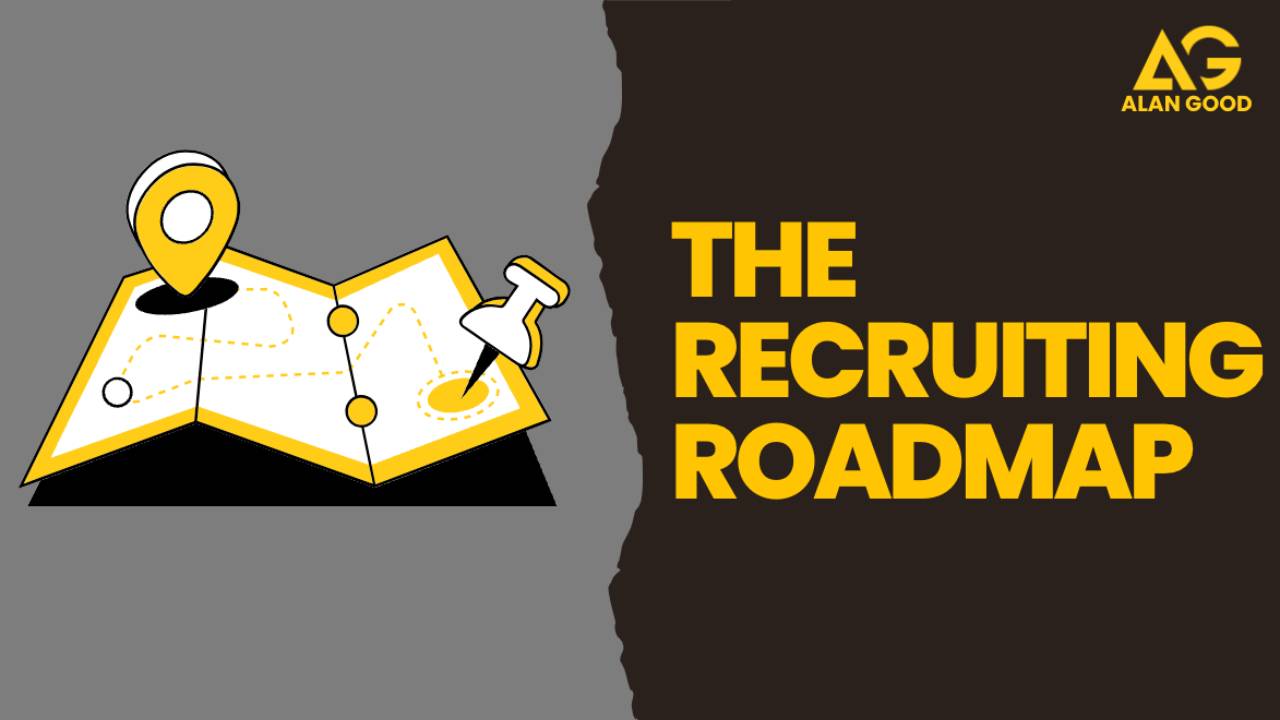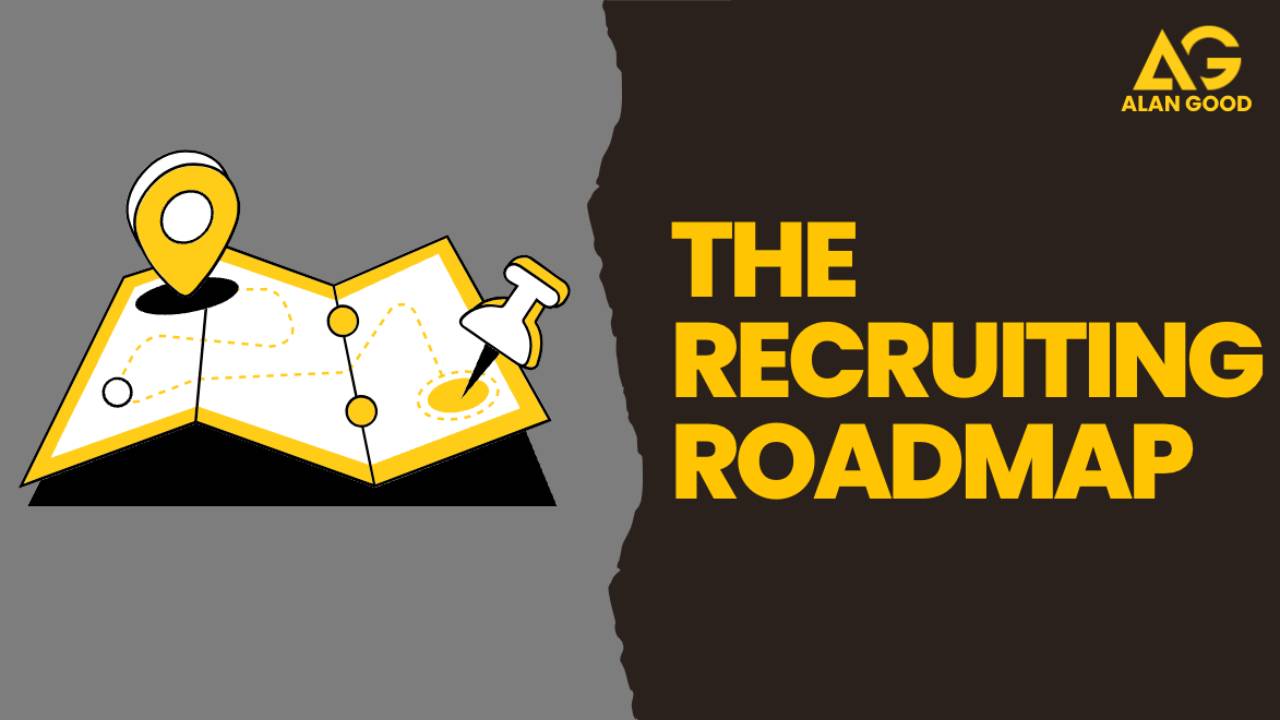Passivity won't get you noticed

I spent this past weekend in Charlotte, NC coaching at the USA U16 women’s national team camp.
For most players in this age group, this is their first experience of a selection event for a national team.
Everyone there is very talented, but they are also, understandably, very nervous.
A mistake too many players make in a selection setting is to let those nerves hold them back from having a presence.
Some would get into excellent positions to receive a pass and break a line, but wouldn’t ask for the ball, so the opportunity would pass them by.
Others would stop running after losing possession, still thinking about the mistake rather than moving on to the next play.
I asked a few players what they were afraid of:
“I’m intimidated by having so many people here writing notes and evaluating us”
“I’m scared of screwing up in front of the selectors”
“I don’t want to lose the ball and let my team down in the games”
The simple piece of advice I gave them in return?
Don’t listen to yourself, talk to yourself.
We are wired as humans to assume the worst - it’s known as negativity bias.
The thoughts expressed above are typical examples of this for athletes of any age - the fear of failure often outweighs striving for success.
To overcome this, you must acknowledge the negative thought when it comes, then interrupt it and replace it with a positive one.
Let’s try that with the statements from the players:
Original: “I’m intimidated by having so many people here writing notes and evaluating us”
Replacement: “This is a great chance to show what I can do”
Original: “I’m scared of screwing up in front of the selectors”
Replacement: “I want to make an impact on this game”
Original: “I don’t want to lose the ball and let my team down in the games”
Replacement: “I will outwork everyone else to recover from mistakes”
I’m not saying this is easy, especially as a middle or high schooler as these girls are.
Like any habit, it takes time.
But whether it’s at a national team selection camp, a high school tryout, or a recruiting tournament, the same thing holds true:
Passivity won’t get you noticed.
When there is competition for places, you cannot control whether you get selected or not.
But you can control your effort, energy, and attitude, irrespective of your talent level.
Coaches are looking for players who can make an impact at the next level, so they need to see you have a presence at your current one.
While the opposite of passive is aggressive - and swinging too far that way will create different problems - being assertive is the happy middle ground.
|
As a footnote, I watched a few USA U18 sessions over the weekend - a great opportunity to learn and grow by observing some excellent coaches and players doing their thing.
I watched two groups of five players doing the same technical exercise, involving quick passing and receiving in a tight space.
If you weren’t tuned in, it was easy to pass the ball to the wrong place and wreck the receiver’s opportunity to work on the reception body shape the coach wanted.
One group kept getting it wrong, but persisted in silence.
The other group was much more talkative.
“Hey, I need that ball to my right foot next time”
“That’s better, keep that up”
“Only give her the ball when she asks for it”
One group was passive. The other was assertive. I’ll let you guess which one had more success with the exercise…






